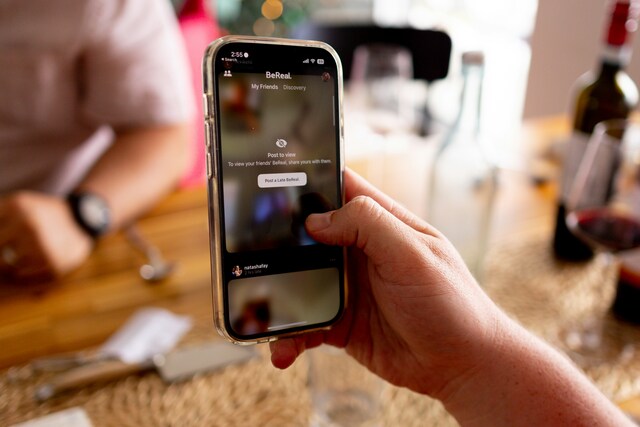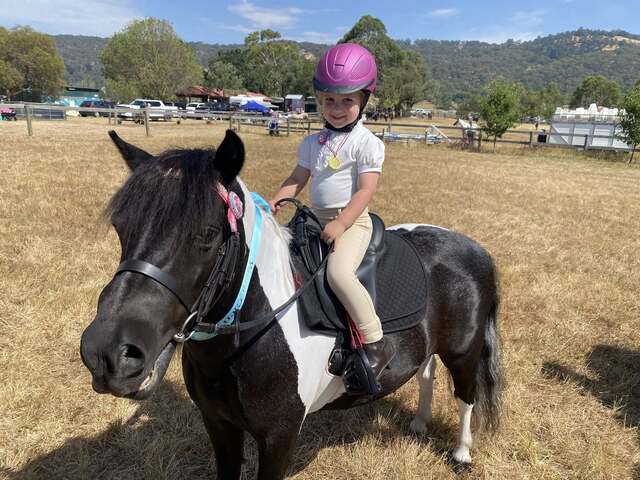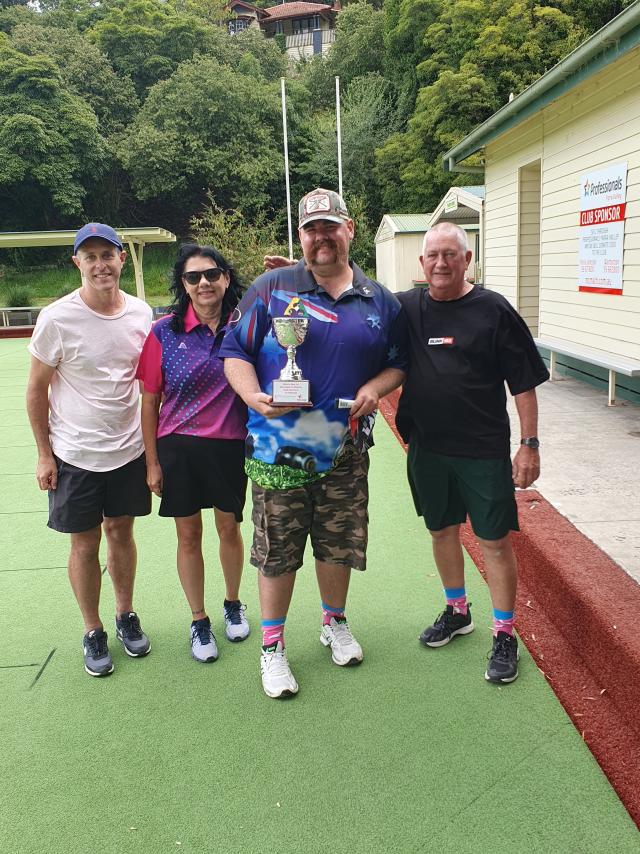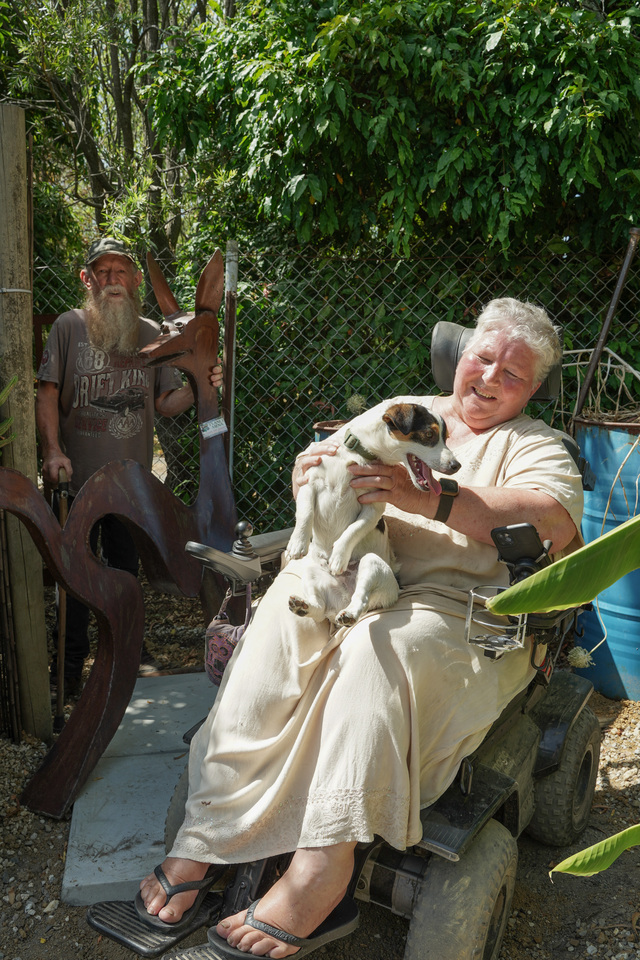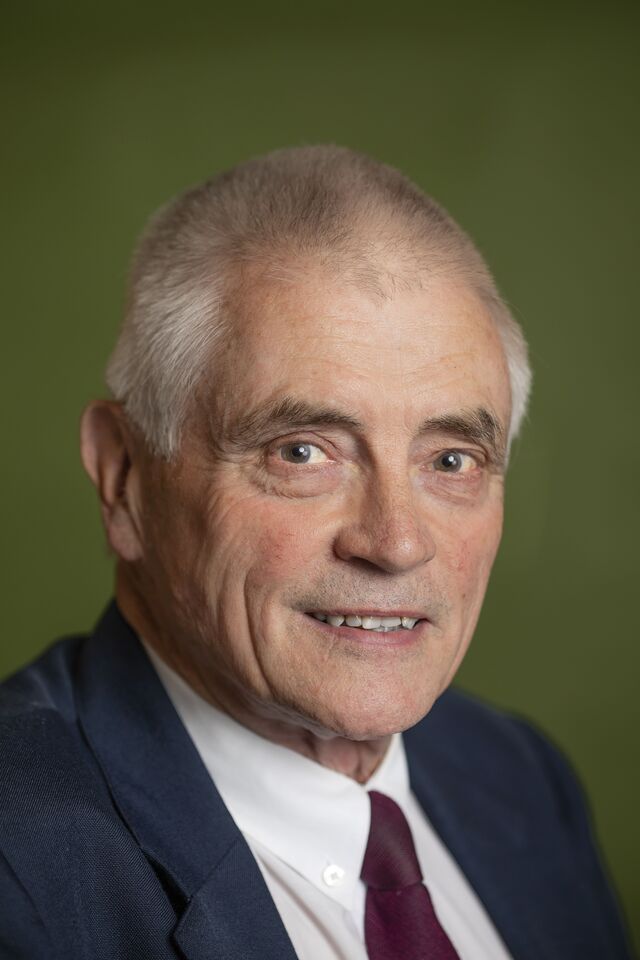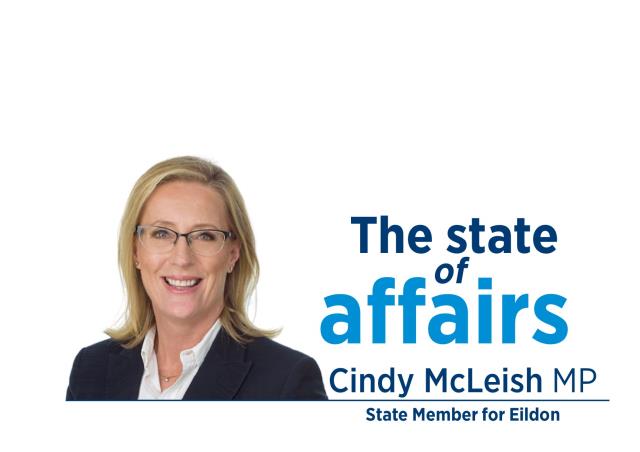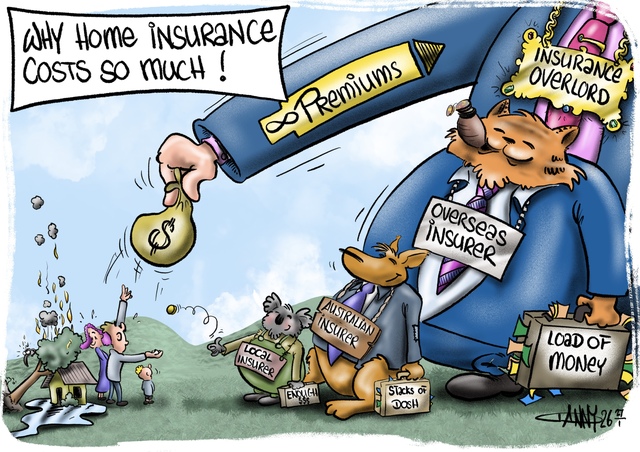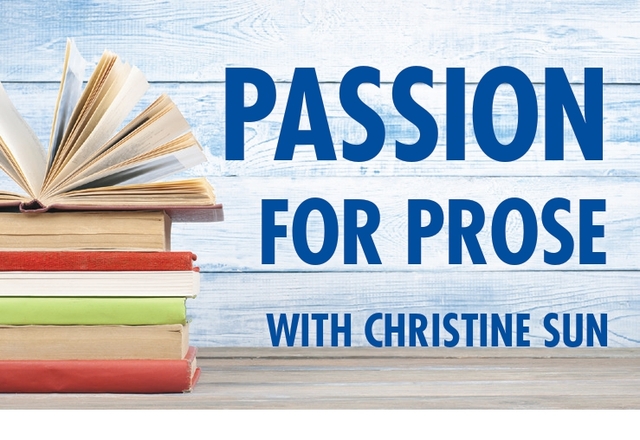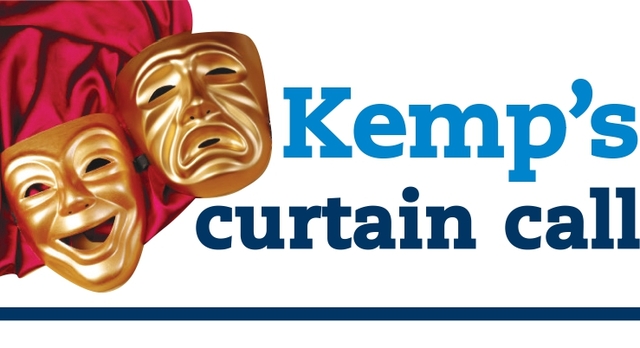Discussion surrounding a new age cap for social media has erupted since the Albanese Government’s announcement on Tuesday September 10.
The proposed legislation is scheduled to be discussed later this year.
Running off the back of South Australian Premier Peter Malinuaska’s drive to disallow children under the age of 14 from using social media, an age limit for the proposed federal legislation has not yet been decided.
In response to growing concerns for Australia’s youth, this proposed social media cap aims to address children’s mental health, reduce social harm and promote real world experience.
In a Government-issued media release on the Prime Minister’s official website, Prime Minister Albanese said, “We know social media is causing social harm, and it is taking kids away from real friends and real experiences.”
“Australian young people deserve better and I stand with them and with all Australian parents in protecting our kids. The safety and mental and physical health of our young people is paramount,” he said.
“We’re supporting parents and keeping kids safe by taking this action, because enough is enough.”
The legislation will be informed by a 6.5 million dollar age assurance trial in which various implementation approaches for the policy will be tested.
Having opposed legislation for a trial of age verification technology in November, the Federal Government has announced that the age limit for the social media ban will not be determined until its trial of age verification technology has concluded.
Local Member of Parliament Aaron Violi said, “I believe it is important we have safeguards around social media use. Having a legislated age limit will give parents more authority to say no and enforce healthy boundaries for their children.”
“As a father, it is important to me that we do everything we can to keep our children safe from online harm.”
“Facebook, Instagram and TikTok have age limits of 13 – but we know children are getting on these platforms much younger to the detriment of their own mental health. The time for relying on tech companies to enforce age limits is over,” he said.
The age cap legislation has been informed by several reports such as a 276-page document by former High Court chief justice Robert French that posits methods through which social media companies can be made to receive consent from parents for users under the age of 16.
A submission on social media by the mental health organisations Beyond Blue, ReachOut and Black Dog also set out a variety of recommendations for new policy.
These included, policies that compel social media platforms to work according to safety-by-design principles, transparency and user control in terms of algorithms, co-designed policy measures, verification of health content on platforms and funding for more research into the links between social media and mental health.
Mr Violi said, “Never before has a generation had a concerning volume of sexually explicit, violent and age-inappropriate content at their fingertips.”
“In Parliament, I helped establish the Parliamentary Friends of Youth Mental health to address the increase in poor mental health among young people. Through this work, I have seen countless research that shows social media use releases dopamine, which leads to addiction,” he said.
“From there we see a range of negative flow-on effects like poor body image, comparison, validation seeking, neglecting real life activities, concentration impairment and disturbed sleep, among others. That’s why the Coalition is committed to introducing age verification to protect our kids online.”
Despite worries surrounding the impacts of social media on mental health, some experts fear that a ban may have negative effects on Australia’s youth.
Researcher at the University of Melbourne’s Orygen Center for Youth Mental Health and PhD Candidate at Monash University Charlie Cooper is concerned about the ability for the proposed social media age cap to cut off important mental health support avenues.
Mr Cooper said, “Social media can play a really important role for young people and if we can harness the benefits and minimise the harms, there is potential to use these platforms for good.”
“We know that young people are using social media in helpful ways to engage with mental health-related help seeking or suicide prevention material that is educational in nature,” he said.
“We know that for many young people, the first step to accessing the mental health system, particularly at the moment when the system is completely overstretched and there are long waitlists, many young people are turning to social media because they can’t access face to face or professional support.”
Mr Cooper also emphasised that it is important to look at context and understand that social media is one contributor among an array of factors that affect youth mental health.
“It is important to keep in mind that social media is a context where really positive things happen,” Mr Cooper said.
“There are so many social trends that are impacting the mental health of young people such as the cost of living crisis, intergenerational inequality, employment insecurity, climate change and housing affordability, it’s important that we don’t look at social media in isolation.”
“All of these things together with social media are having an impact on young people’s social wellbeing,” Mr Cooper said.

